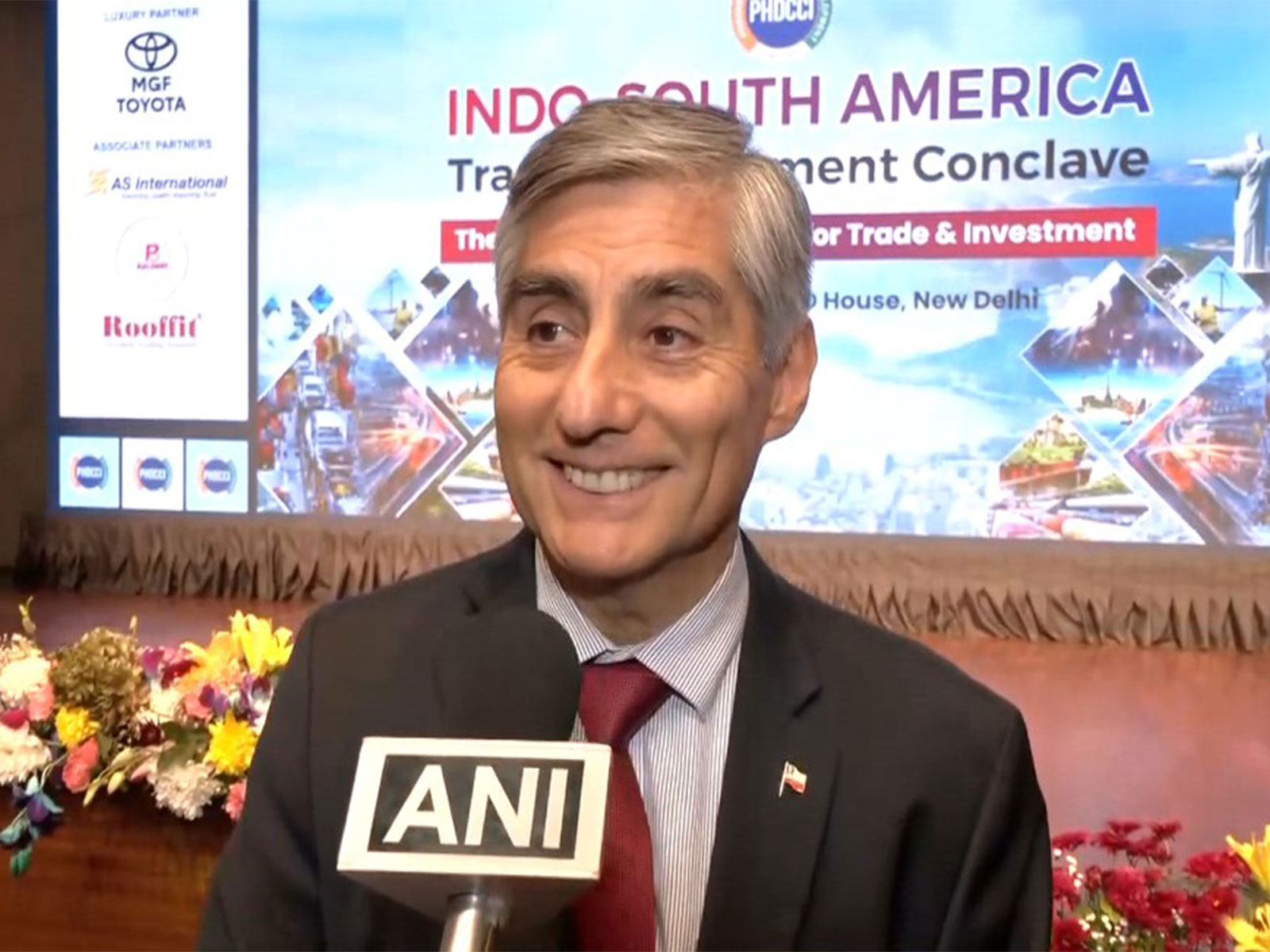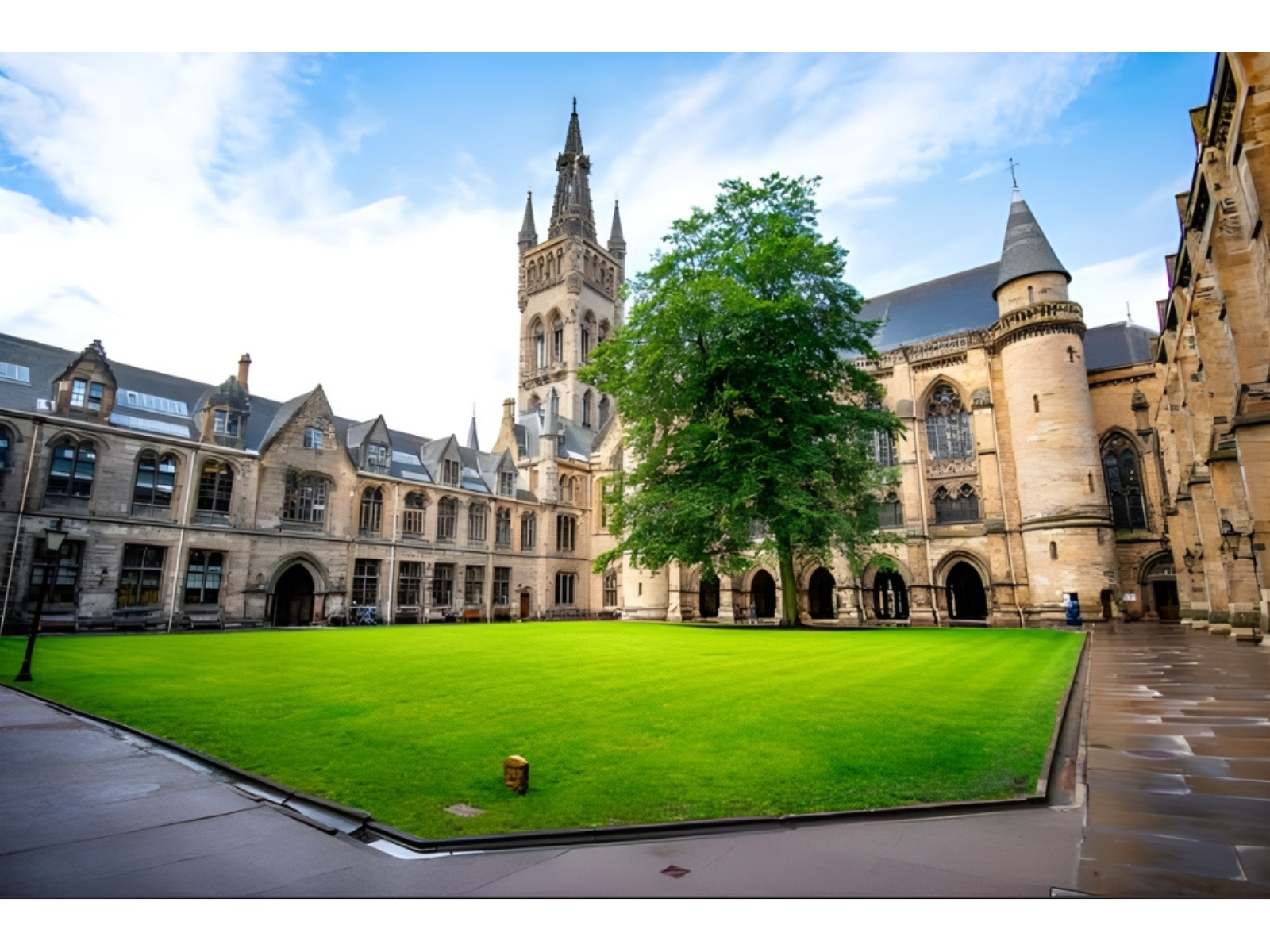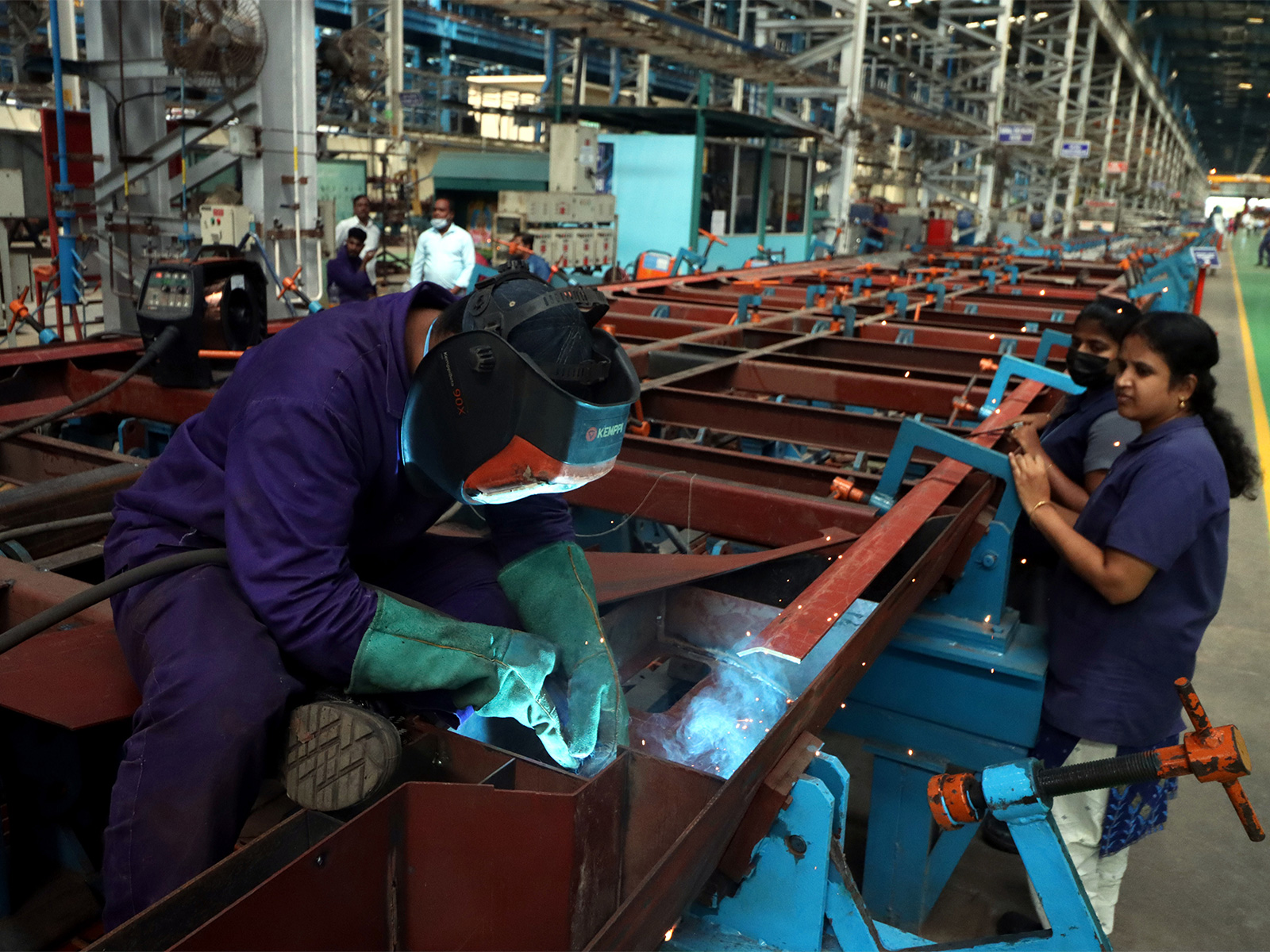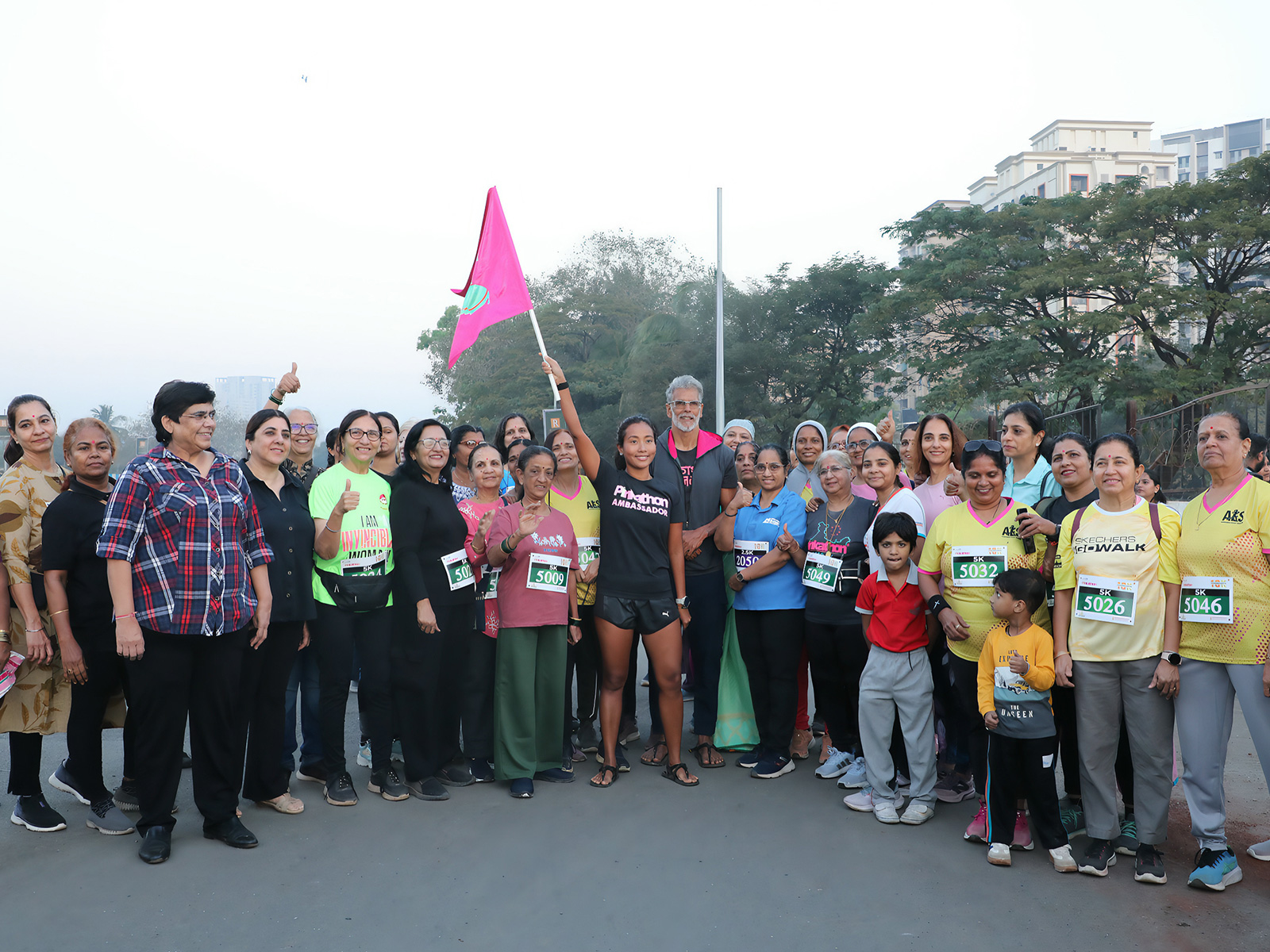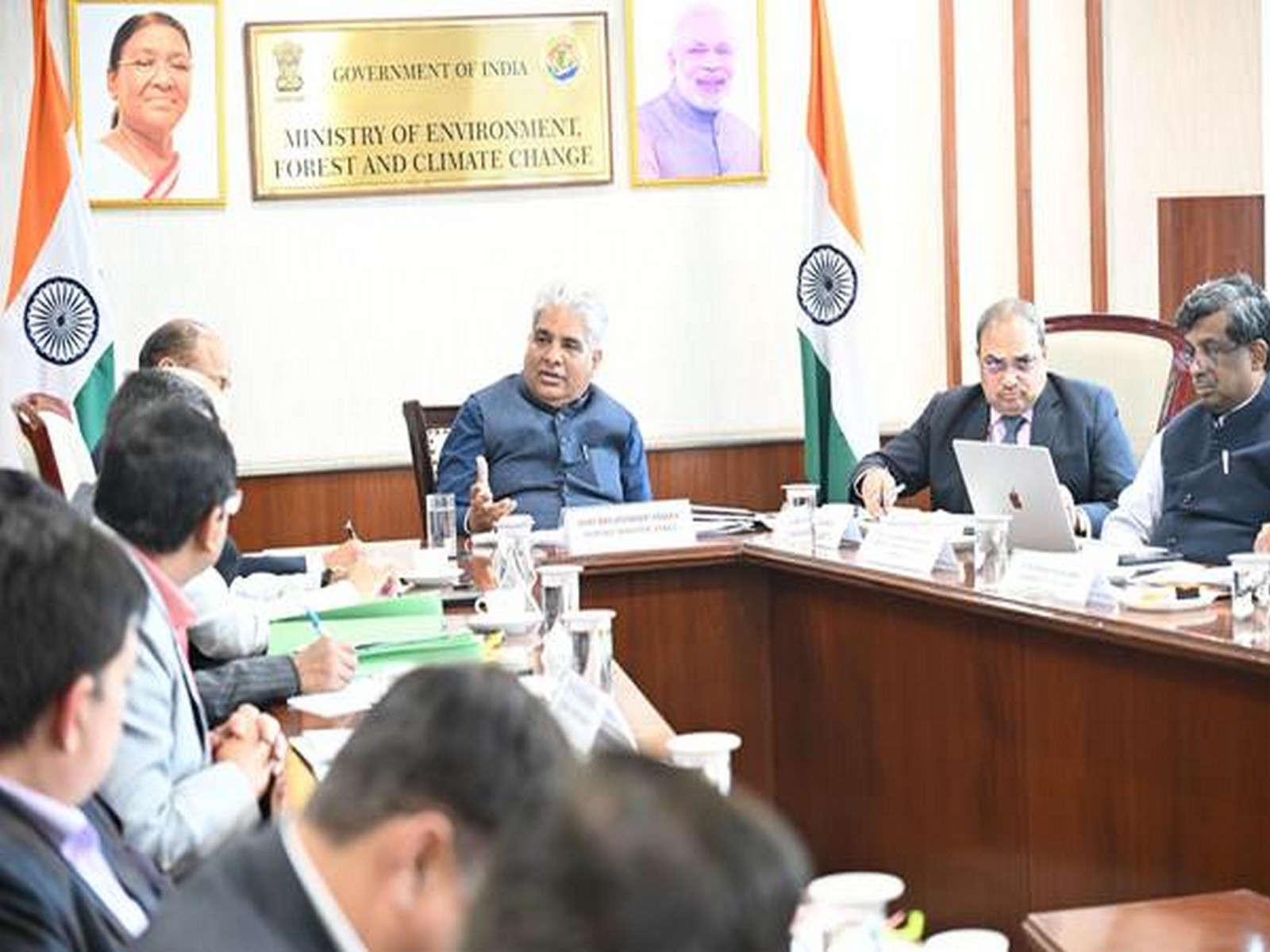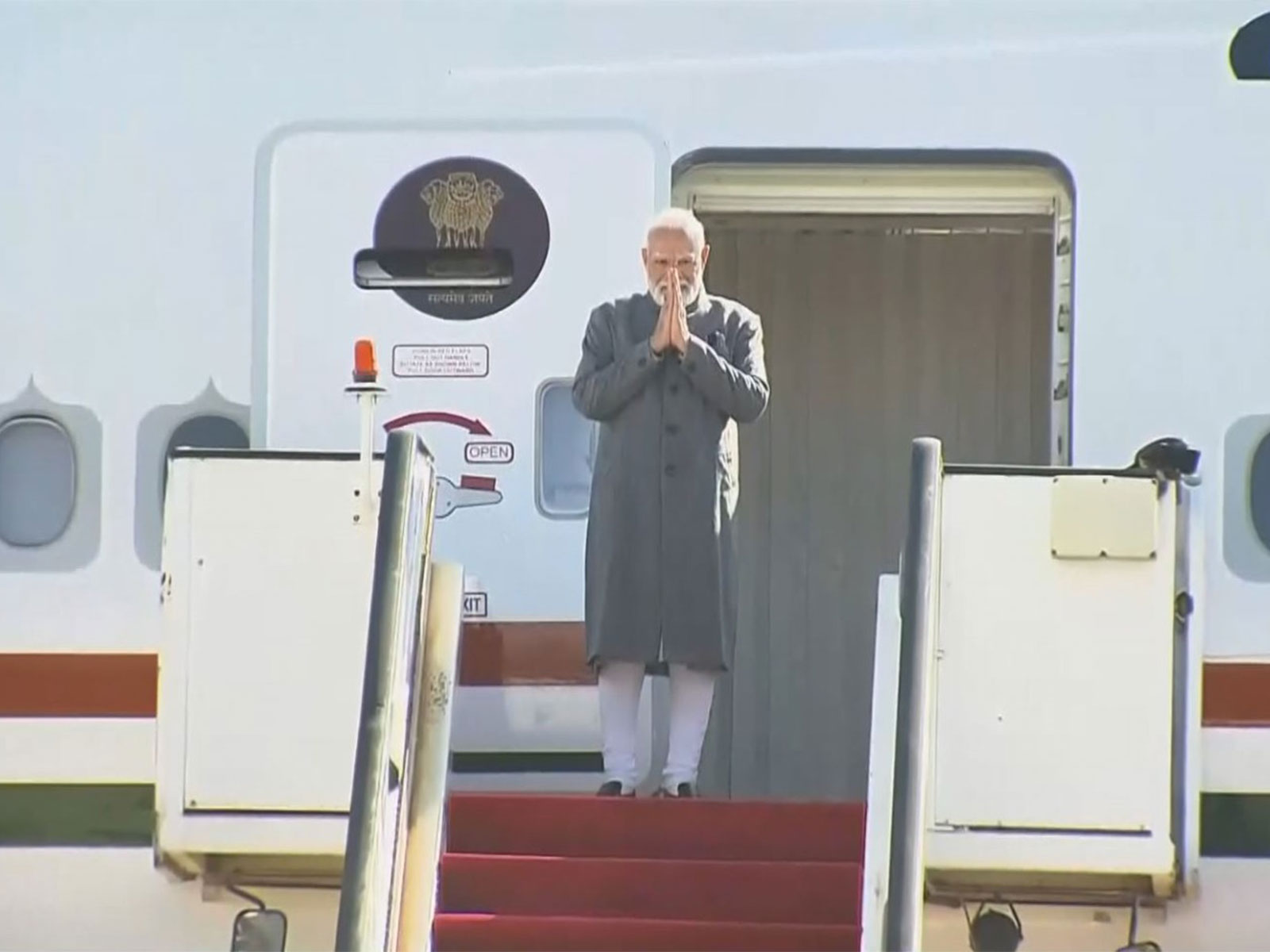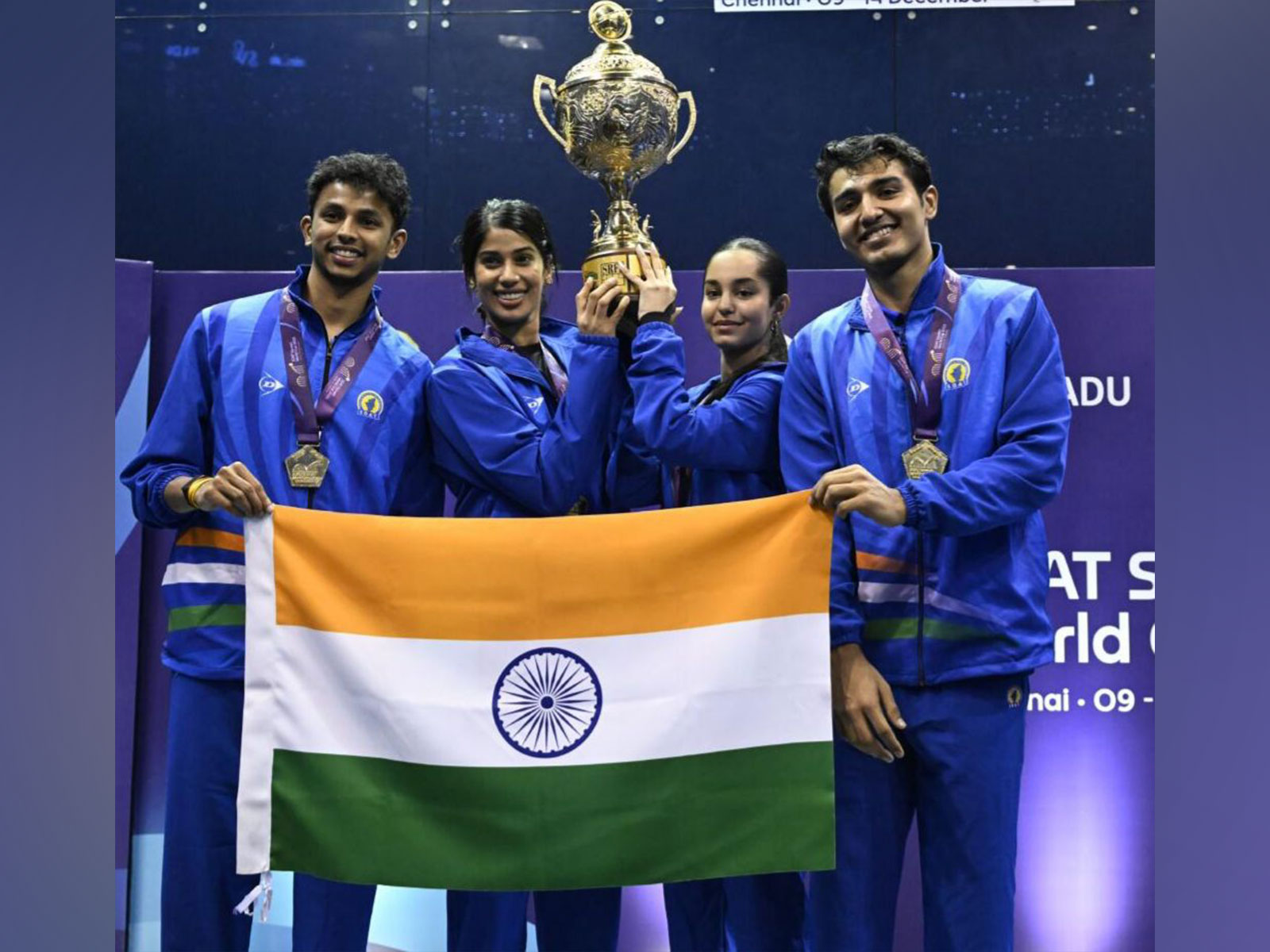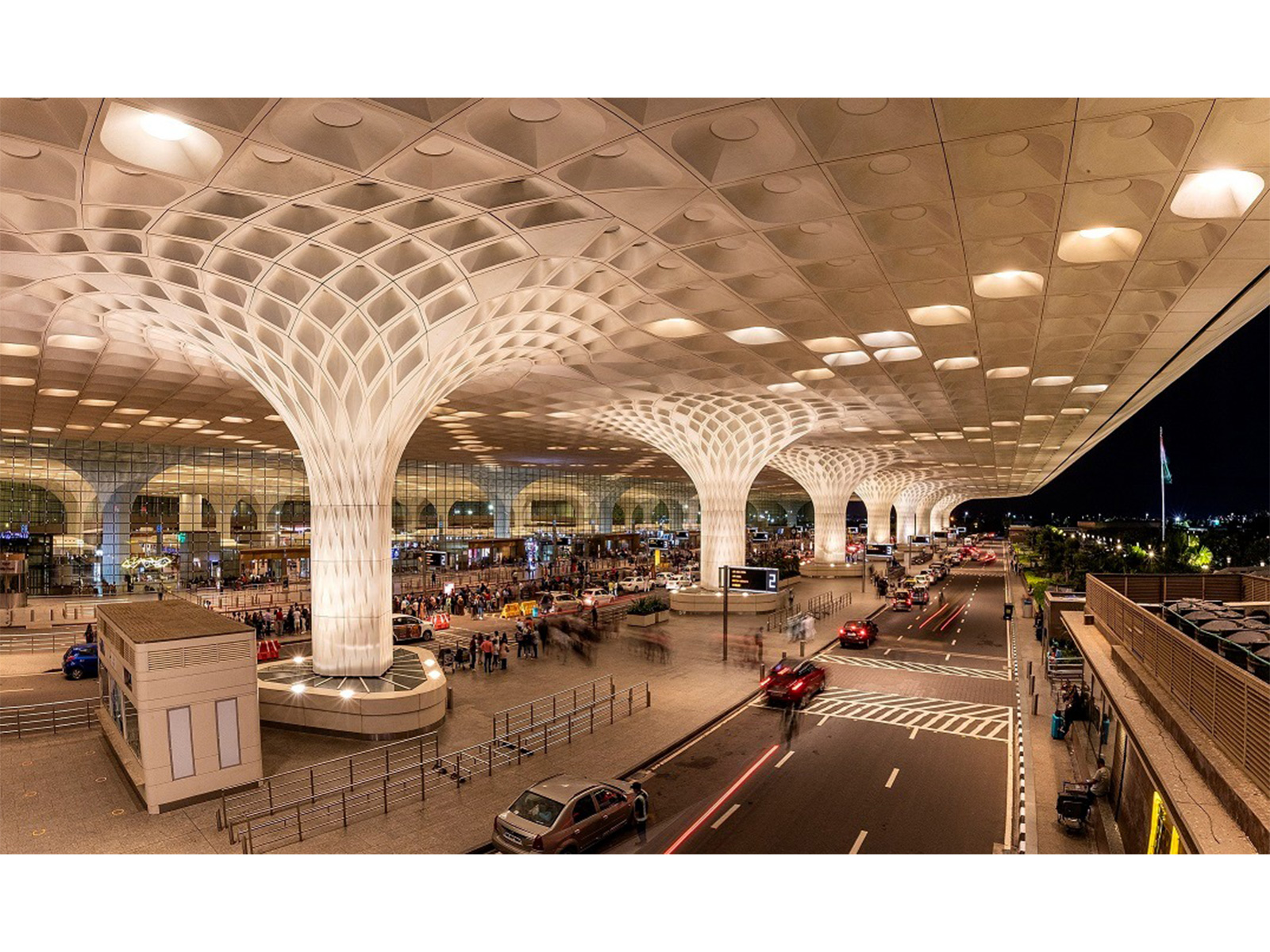Transplanting the capacity to breathe
Dec 08, 2023

Mediawire
New Delhi [India], December 8: An enlightening discourse on lung transplantation highlighted the need to dramatically increase lung donations, build a national registry, and facilitate outbound medical treatment for transplant patients.
Quote: A single institution cannot achieve success at scale in such high-risk surgeries. The importance of centralised government focus to create an eco-system along with cutting-edge R&D, as it is in the US, are essential."
--Dr Atul C Mehta, MD, Cleveland Clinic
Amrita.Chakraborty@timesgroup.com
In a groundbreaking panel discussion titled "Breathing New Life," recently held as part of the Times Conversations, distinguished lung transplant surgeons and pulmonologists from the United States, Abu Dhabi and India engaged in a valuable exchange of insights. The esteemed panel included luminaries in the field such as Dr Atul C Mehta, MD, Cleveland Clinic; and Dr Sandeep Attawar, chair and director of Thoracic Organ Transplants, KIMS; Dr Said Isse, MBBS, staff physician in the Respiratory Institute at Cleveland Clinic, Abu Dhabi; Dr Vijil Rahulan, chief of transplant pulmonology, KIMS; along with Deepika Grandhi, Cleveland Clinic India representative and founder of IMAS Healthcare. The panel was organised by The Times of India in collaboration with IMAS Healthcare and the Cleveland Clinic.
The pre-transplant assessment
According to the global guidelines, transplantation should be considered for patients with pulmonary fibrosis if they meet the selection criteria, and do not have significant contraindications for their performance. Patient selection is key. "Our evaluation, lasting 4-6 weeks, involves multiple blood tests, cardiac catheterization for those over 40, colonoscopy, and comprehensive cancer screening. We place emphasis on the psychosocial situation, recognising that lung transplantation isn't the end but the beginning of a long journey requiring continuous support", said Dr Atul.
The Transplant Code
The impact of COVID-19 has heightened awareness regarding lung diseases and lung health. "Patient education is paramount, addressing challenges beyond the medical aspect, including long-term financial solvency and the crucial role of caregivers," stated Dr Sandeep Attawar. In India, we do approximately 200 lung transplants annually.
Need for awareness
Lung transplantation is relatively new in India, the first surgery took place on July 11, 2012. Increased efforts from NGOs, the government, and opinion leaders are essential to promoting organ donation at scale and improve awareness. "The existing National Organ and Tissue Transplant Organisation (NOTTO) faces logistical challenges, relying on commercial airlines for transportation," highlighted Dr Vijil. "The lung is a very fragile organ, and many donors could have had injuries to the lungs as well. The actual retrieval of the donor lung is almost at 20 percent when compared to the liver, which is 80-90 percent." he added. To avoid these issues, some patients are opting for the surgery abroad. "Today it is possible to undergo lung transplantation procedure in Abu Dhabi, in United States, based on local regulatory standards at a given time," stated Deepika.
PREVENTATIVE MEDICINE STILL THE BEST RECOURSE
"Over the past 3 decades, we've made strides in treating conditions like pulmonary hypertension, cystic fibrosis, and post-corticoid patients, reducing the need for lung transplantation. Eliminating smoking reduces the number of emphysema cases requiring transplantation. Unfortunately, idiopathic pulmonary fibrosis is a challenging, and often an unavoidable indication for lung transplantation. On the technological front, ex vivo lung perfusion enhances organ quality by utilising medications to revive lungs and hence expand the donor pool. Accepting organs from individuals with past hepatitis, which is now possible, broadens options," informed Dr Atul.
Innovations and path-breaking measures
Advanced technologies, such as digital breathing machines and modern conveniences such as virtual consultations, aid in post-transplant care. "After a lung transplant, we now have digital breathing machines that the patients can access from home. So, our nurses can see if the patient's lung function is going down so that they can call the patient to come and get the test, disclosed Dr Said Isse. "Digital health offerings have been a boon in connecting patients in India and their providers to our specialists abroad", expressed Deepika.
The role of holistic well-being
The panel acknowledged the impact of yoga and pranayama on lung function, reinforcing the importance of basics alongside technological advancements. The collective medical and administrative expertise of the panel contributed to the comprehensive dialogue on improving lung health globally and in India.
https://www.imashealthcare.com
https://www.clevelandclinicabudhabi.ae
(ADVERTORIAL DISCLAIMER: The above press release has been provided by Mediawire. ANI will not be responsible in any way for the content of the same)
